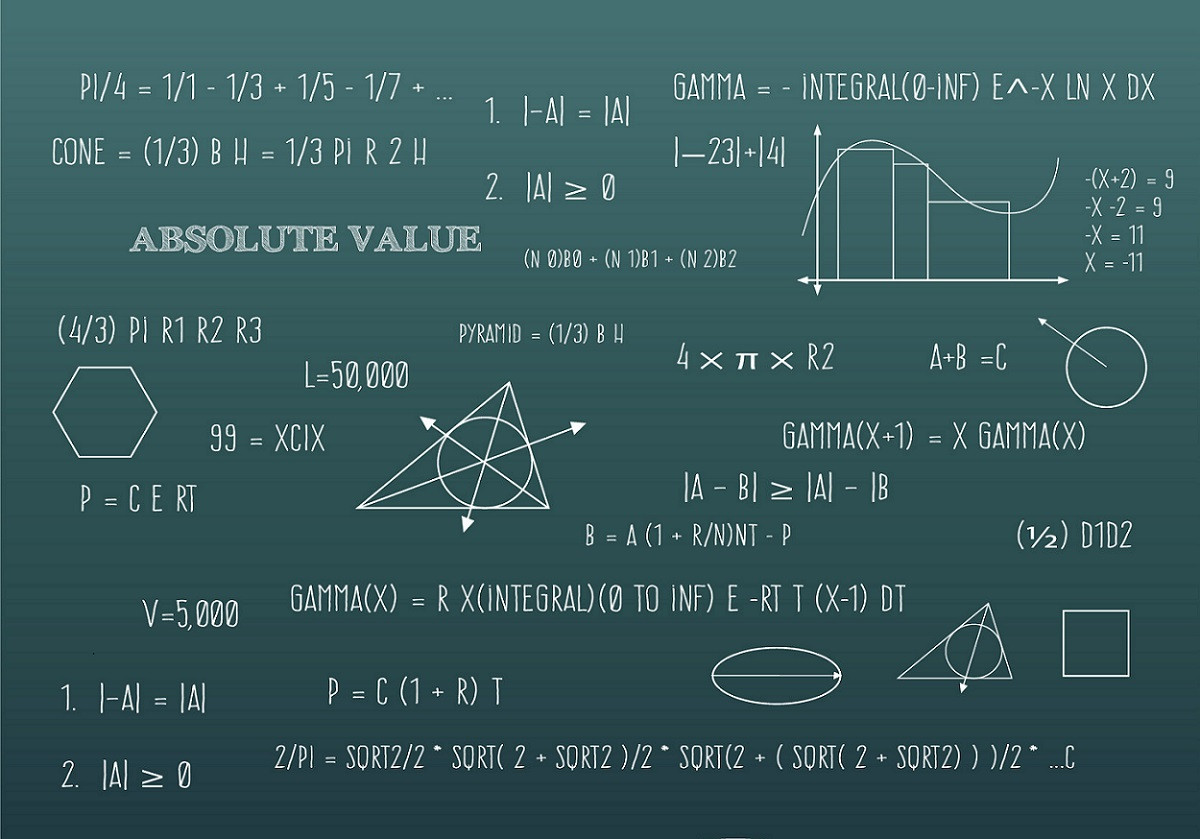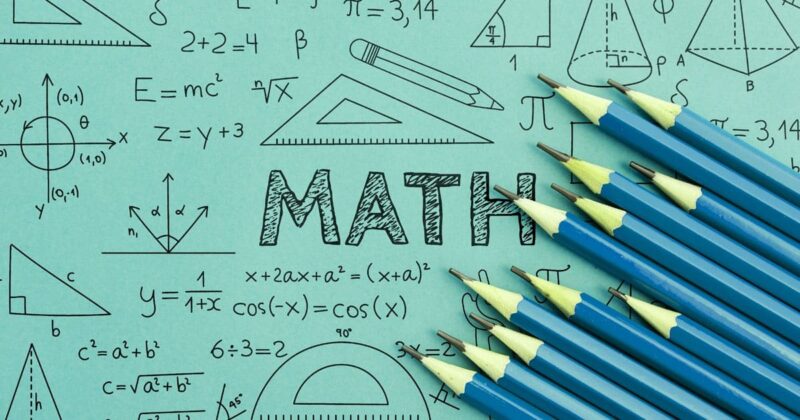Mastering the intricacies of mathematical analysis can be a challenging endeavor for even the most dedicated students. From understanding complex functions and limits to tackling optimization problems, the journey to proficiency in this field often presents formidable roadblocks.
However, with the right strategies and mindset, it is possible to overcome these obstacles and emerge with a deeper understanding of the subject. In this article, we will explore three key methods to help you navigate the challenges of learning mathematical analysis effectively.
1. Understanding the Basics: Building a Strong Foundation

Understanding the Basics: Building a Strong Foundation is essential when overcoming challenges in learning mathematical analysis. By grasping the fundamental concepts and principles, students can establish a solid groundwork for further comprehension and problem-solving.
It is important to not only memorize formulas but to truly understand the underlying theories behind them. This includes mastering basic arithmetic, algebra, and calculus principles, as they serve as the building blocks for more advanced mathematical analysis.
By investing the time and effort in mastering the basics, students can build a strong foundation that will pave the way for success in tackling more complex challenges in mathematical analysis.
2. Practicing Consistently: Improving Problem-Solving Skills

To improve problem-solving skills in mathematical analysis, it is essential to practice consistently. Consistency is key when it comes to mastering complex concepts and techniques.
By regularly engaging with challenging problems and exercises, individuals can strengthen their analytical reasoning and critical thinking abilities. Additionally, practicing consistently can help build confidence and enhance problem-solving strategies over time.
It is important to approach each problem with a focused and determined mindset, seeking out different approaches and solutions to expand mathematical understanding. By committing to regular practice and persistence, individuals can overcome challenges in mathematical analysis and further develop their problem-solving skills.
3. Seeking Help and Resources: Utilizing Support Systems and Tools

When facing challenges in learning mathematical analysis, seeking help and utilizing support systems and tools can make a significant difference in your progress. Surround yourself with a supportive network of peers, teachers, tutors, and online resources to aid you in understanding complex concepts and tackling difficult problems.
Join study groups or online forums to engage in discussions, ask questions, and learn from others who may have successfully overcome similar challenges. Additionally, make use of tools such as educational websites, textbooks, practice problems, and interactive learning platforms to supplement your studies and enhance your understanding of mathematical analysis.
By tapping into these resources, you can gain valuable insight, guidance, and encouragement to overcome obstacles and improve your proficiency in this subject.
Conclusion
In conclusion, learning mathematical analysis can pose various challenges to students, but with dedication, practice, and the right mindset, these obstacles can be overcome. By developing a solid understanding of foundational concepts, actively seeking help when needed, and regularly engaging in exercises on notable limits, students can significantly improve their grasp of mathematical analysis. It is essential to approach the subject with a positive attitude, embrace mistakes as learning opportunities, and persevere through difficulties.
With persistence and effort, anyone can navigate the complexities of mathematical analysis and achieve success in their studies.


